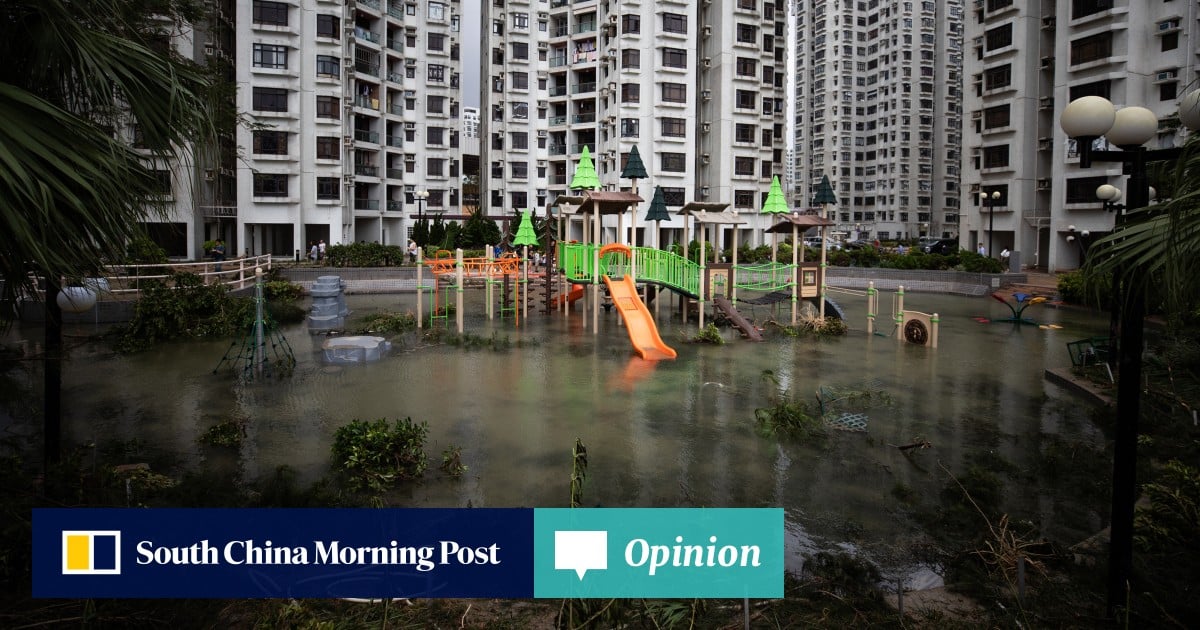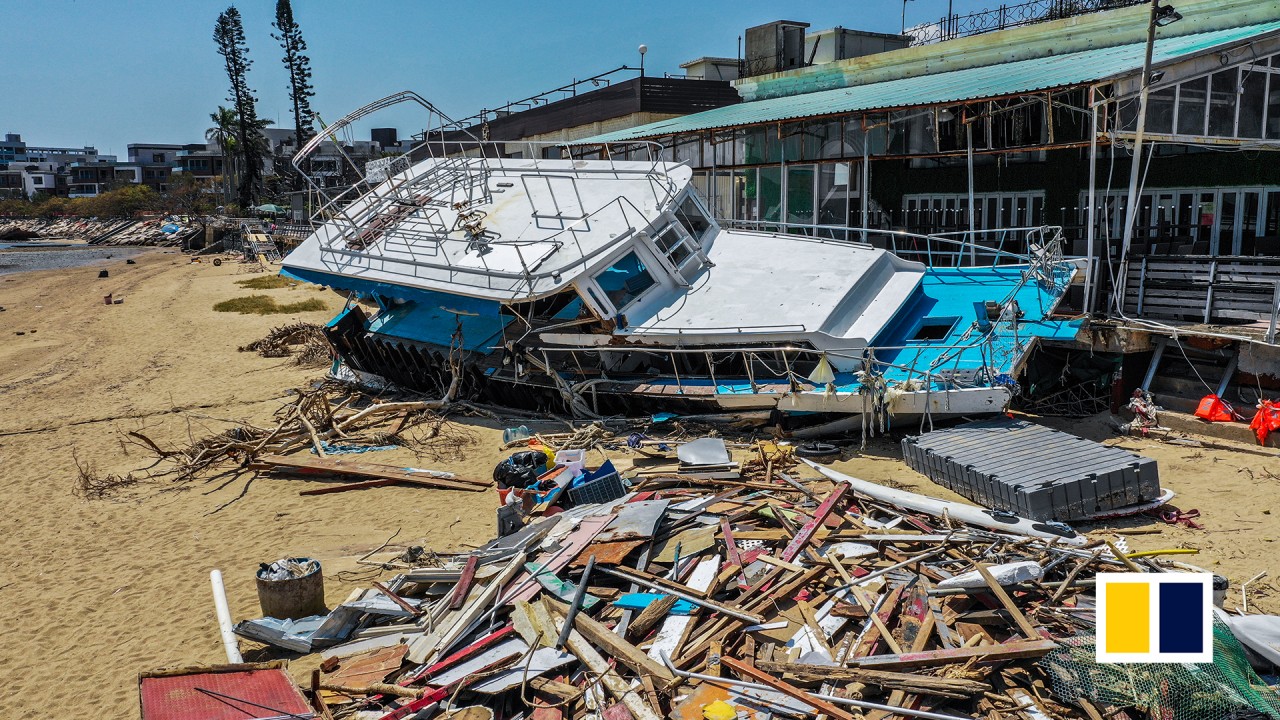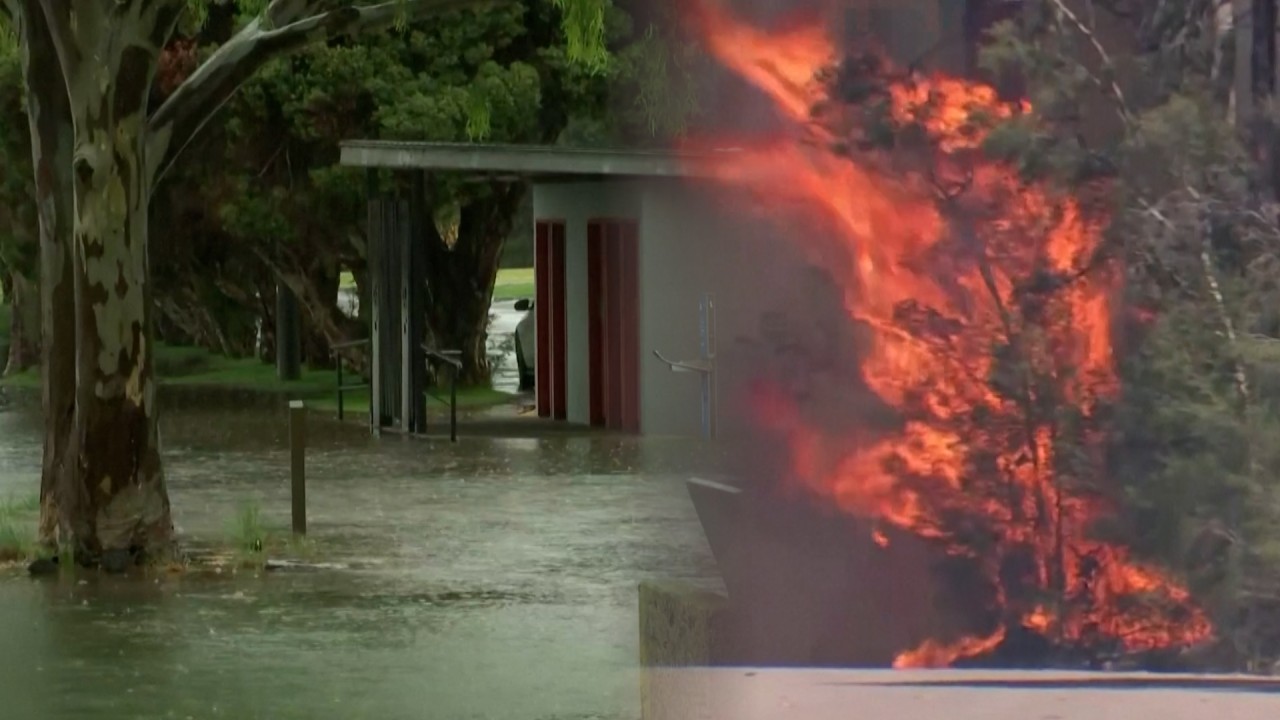
18 Feb Opinion | Climate change is pushing us towards an uninsurable world
Over the Christmas break, the unthinkable happened in my little Sai Kung village: a fire broke out in a neighbour’s kitchen and, by the time fire engines arrived in force, the home was gutted. Two months later, reconstruction continues, and it may be another month before my neighbours can move back in.
Like most Hong Kong’s homeowners, they were uninsured. In 2019, the deputy chairman of the Hong Kong Federation of Insurers’ Fire Insurance Association said 80 per cent of households didn’t have home insurance. And, of those that do, many are unaware that fire insurance policies only cover structural damage, and not alternative accommodation or the home’s contents.
Due to the cost of insurance premiums and wariness about exclusions, many Hongkongers choose to opt out of home insurance, unless their bank demands it as a mortgage condition. Mercifully for my neighbours, their savings will put them back on their feet. But, for many, the fire could have been catastrophic.
In global terms, Hong Kong homeowners are lucky. Unlike those in “Hurricane Alley” in the US or in the typhoon-prone Philippines, for example, the statistical risk of natural disasters triggering catastrophic losses is small.
It is one thing for Hong Kong families to choose not to insure. But it is another for the daily risks we face to become uninsurable. That is where climate change is taking us. The insurance industry is starting to get alarmed that we are lurching towards an “uninsurable world”.
Swiss Re CEO Christian Mumenthaler argues that rising insurance premiums are “a feedback to society about climate change … the bill of what we have collectively done to the planet”.
It is tempting to blame insurers who charge steadily higher premiums but then seem to try to duck the responsibility to pay out when disaster strikes. Who does not have stories about “small print” exclusion clauses that excuse underwriters from payouts? Who doesn’t resent the humourless bean-counting in assessing claims at a moment of personal distress?
Dial it up to 6? Stronger storms spark calls for new hurricane category
Dial it up to 6? Stronger storms spark calls for new hurricane category
The Bank of International Settlements, quoting Swiss Re in its “Too Hot to Insure” report in November, predicted that US property losses from natural disasters linked with climate change could rise by 60 per cent by 2040, with premiums expected to rise by 2.4 per cent a year.
Without reinsurers to spread the risk, and government-backed bodies like Flood Re to provide a final safety net, insurance cover would be even more unaffordable than it is.
Insurer Aon reported last month that 2023 saw at least 37 natural disasters triggering insurance losses exceeding US$1 billion. Most of these – and all of the most costly – hit communities in the US. This was not simply a measure of the extreme weather focused on North America, but because the US is home to a significant proportion of the world’s most expensive houses, with high repair and recovery costs – and of homeowners that hold insurance policies.
According to data analytics firm Verisk, aggregate average insured losses in 2023 amounted to US$85 billion in North America, US$20.6 billion in Asia and US$17.9 billion in Europe.
The cost of living in a world getting rapidly hotter? It’s a killer
The cost of living in a world getting rapidly hotter? It’s a killer
The US figure dominates because “only” 50 per cent of economic losses from natural calamities were uninsured. The insurance toll in Asia would be higher were it not for the fact that about 88 per cent of losses are uninsured. Catastrophe modeller Air Worldwide found that only 25 per cent of economic losses from natural disasters are insured globally, and that the uninsured portion could exceed US$1 trillion in a particularly bad year.
Aon’s president Eric Andersen told a US Senate committee that just as the US economy was overexposed to mortgage risk in 2008, so the global economy today is overexposed to climate risk.
Peter Brosshard at the Insure our Future Campaign sounds the warning: “If we continue the way we are, the world will become uninsurable. We are closer to that reality than the insurance industry acknowledges”. That goes for those outside the insurance industry too.
David Dodwell is CEO of the trade policy and international relations consultancy Strategic Access, focused on developments and challenges facing the Asia-Pacific over the past four decades


